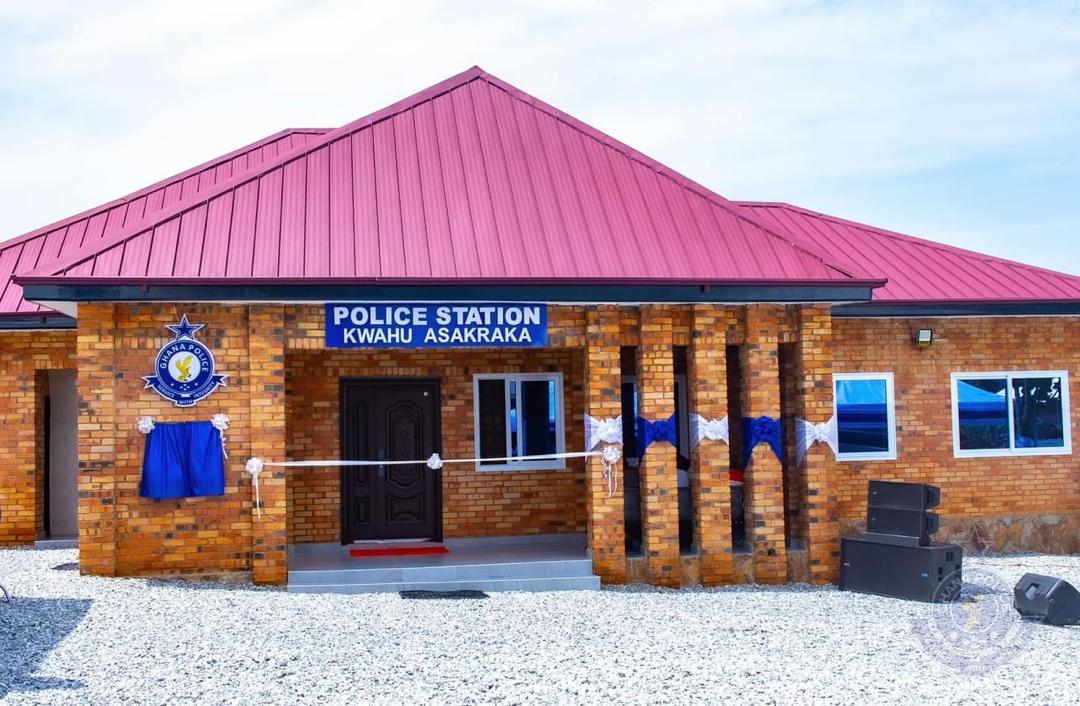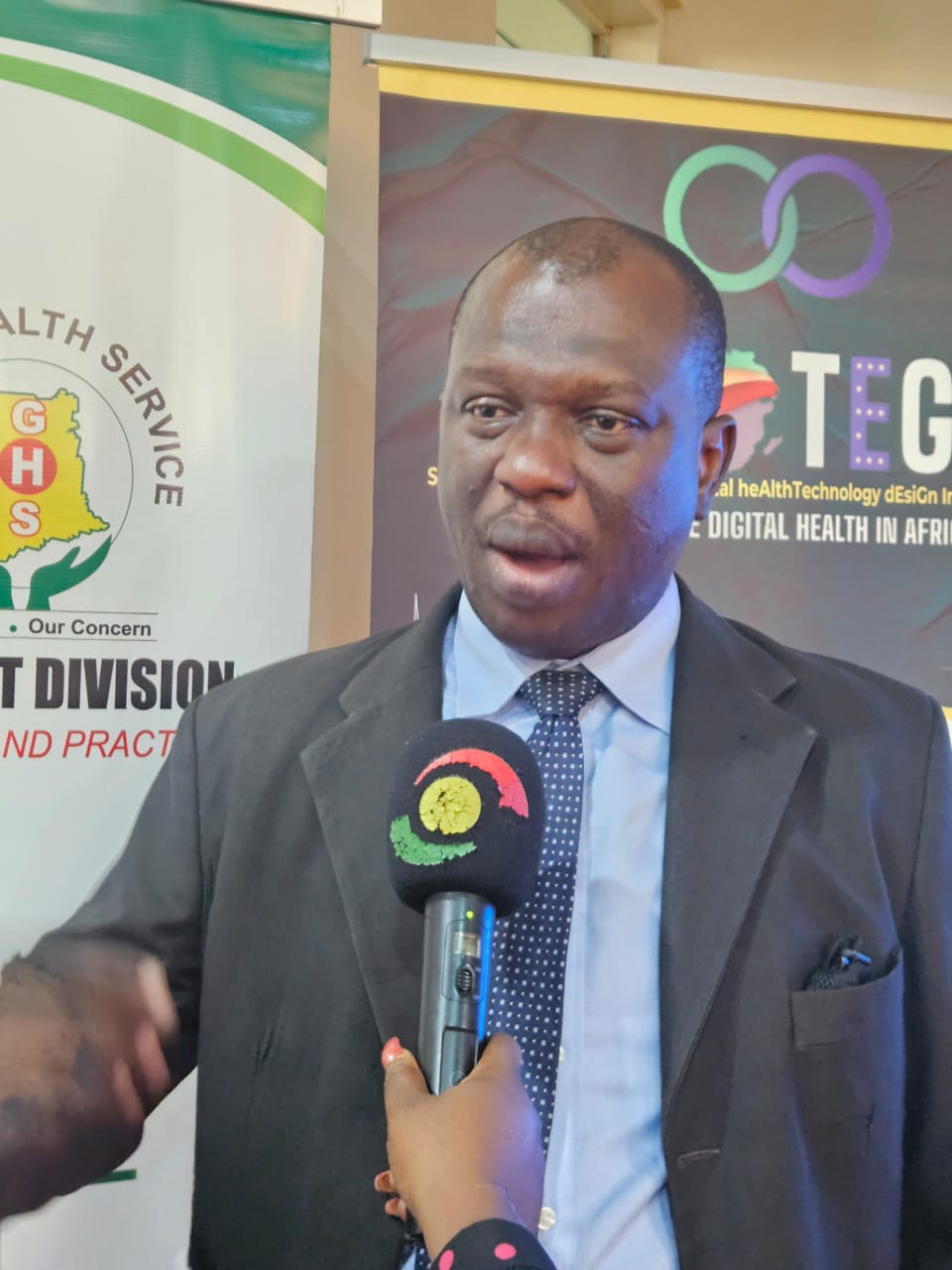
The Minister of Health, Mr. Kwabena Mintah Akandoh, has announced the establishment of a 24-hour national call centre to handle complaints from patients about healthcare services across the country. Speaking at a press briefing in Accra on Thursday, August 21, 2025 the Minister said the initiative will give the public a direct channel to report dissatisfaction with health service delivery.
He explained that while complaints will be taken seriously, lodging a complaint does not automatically mean the complainant is right, as all reports will be investigated before action is taken. Hospitals have been instructed to display the hotline numbers clearly, alongside suggestion boxes, to ensure easy access for patients. According to the Minister, the call centre forms part of wider efforts to improve accountability and service quality in the health sector.
The announcement of a 24-hour health call centre by the Minister of Health is a welcome development, one that could transform how Ghanaians engage with the health system. For too long, patient dissatisfaction has gone unheard or unaddressed, with complaints often trapped within dusty suggestion boxes or lost in bureaucratic bottlenecks. By offering a direct and round-the-clock channel for patients to raise concerns, the government is signaling its intent to place the citizen at the center of healthcare delivery.
However, while the initiative sounds progressive, experience teaches us that policies and announcements are only as effective as their implementation. Ghanaians have seen hotlines launched with fanfare in the past, only for them to go unanswered, under-resourced or poorly publicised. For this call centre to make a genuine impact it must be backed by adequate staffing, training and an efficient follow-up mechanism that ensures complaints are not only received but resolved in a timely manner.
More importantly, the Ministry of Health must guard against this centre becoming another symbolic gesture. The danger is that patients will enthusiastically report issues, but nothing meaningful will change within the hospitals. Complaints about long waiting times, poor attitudes of health workers, inadequate drugs and systemic corruption are not new. A call centre may capture these frustrations, but unless there is a strong system of accountability and corrective measures, the cycle will continue.
Globally, patient feedback systems have proven successful only when tied to clear standards and measurable outcomes. For instance, in countries with strong healthcare governance, patient complaints are integrated into hospital performance reviews, and sanctions or incentives are applied accordingly. Ghana must adopt a similar model. If hospital directors know their institutions will be evaluated based on how they respond to complaints, they will treat patient concerns with the seriousness they deserve.
It is also vital that the hotline is widely publicised, especially in rural and underserved areas where patients often endure substandard care in silence. Posters on hospital walls are not enough; there must be community outreach, radio campaigns and translations into local languages to make the hotline accessible to all.
The call centre is a bold first step, but it must lead to systemic reform. Patient complaints should not merely be logged—they must inform policy, expose inefficiencies and trigger disciplinary action where necessary.
If done well, this initiative can help rebuild trust in the health system and remind both patients and providers that accountability is not optional but essential.
The post Editorial: Establishment Of 24-Hour Health Call Centre Is A Laudable Initiative appeared first on The Ghanaian Chronicle.
Read Full Story


















Facebook
Twitter
Pinterest
Instagram
Google+
YouTube
LinkedIn
RSS